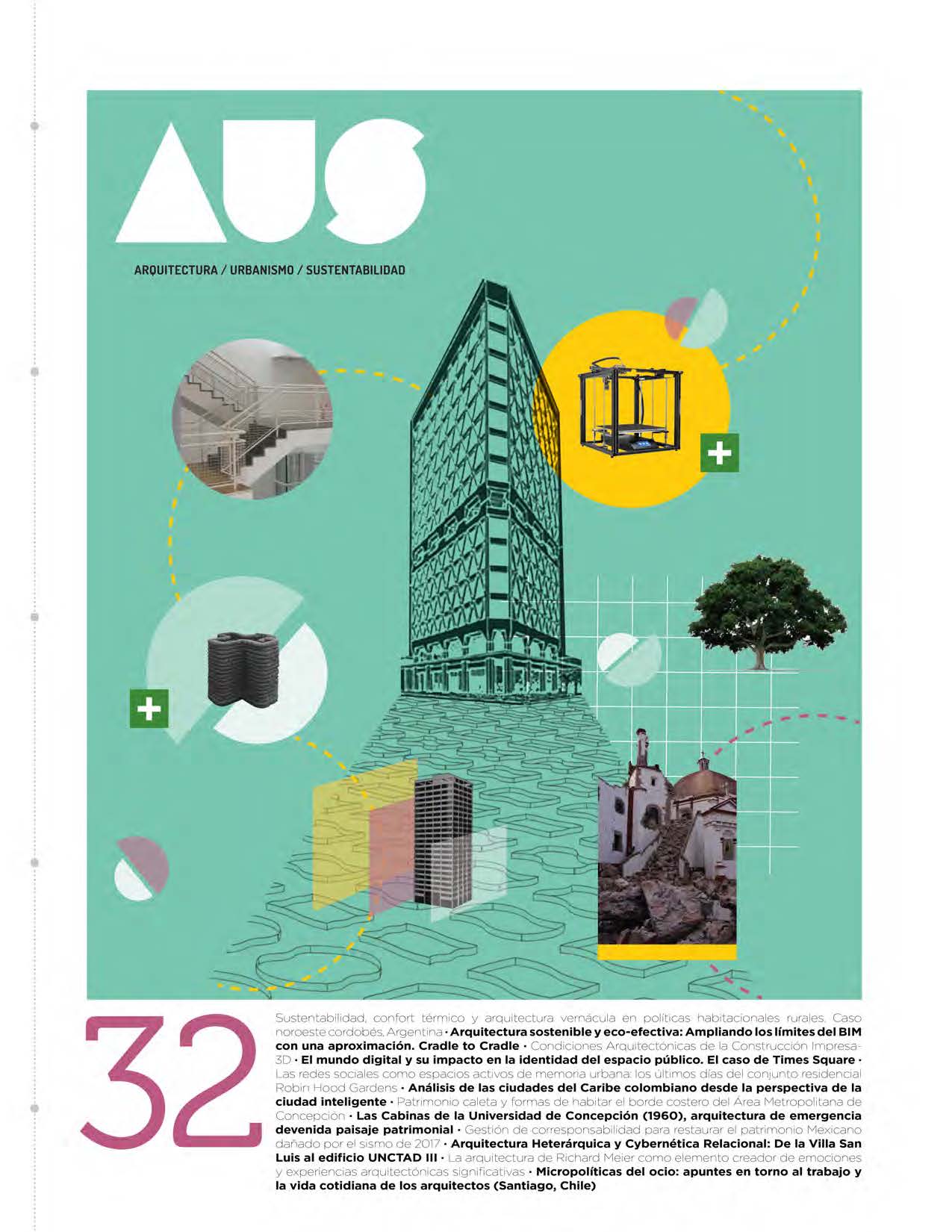Sustainability, Thermal Comfort and Vernacular Architecture in Rural Housing Policies. The Case of Northwestern Córdoba, Argentina
Main Article Content
Abstract
The purpose of this paper is to show the differences in terms of sustainability and environmental comfort with the implementation of housing policies in the northwestern rural territory of the province of Cordoba, Argentina. The weather performance of two types of housing (one vernacular and one global) is discussed. The analysis mainly compares the materials used for envelopes in addition to the appropriate passive strategies, understanding that thermal comfort cannot be separated from the everyday practices of inhabitants. The findings reveal that the vernacular typology has a more adequate thermal behavior for the bioenvironmental area discussed, contributing with energy savings, household economy, and environmental protection, thereby helping sustain the quality of life of its inhabitants. This work intends to contribute with particular results to collaborate with the transformation of housing policies towards local and situated ways of living.

